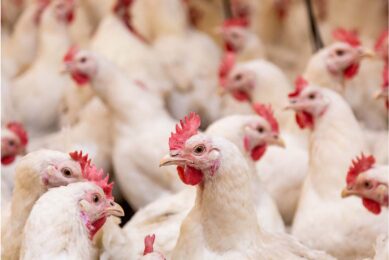China’s bird flu experts deny new strain exists

China’s leading bird flu experts have reportedly refuted scientists’ claims of a new strain of bird flu in the country.
Reports that there is a new ‘Fujian-like’ bird flu strain has been circulating widely in the nedia, after scientists in Hong Kong and the United States stated last week that the strain had become prevalent in Hong Kong, Laos, Malaysia, and Thailand.
Chen Hualan, director of the National Bird Flu Reference Laboratory at the Chinese Academy of Agricultural Sciences, rebuked the report, published in the US-based Proceedings of the National Academy of Sciences saying its claims “lack scientific proof”, according to the China Daily.
Chen said that the reports circulating about the strain are “subjective and arbitraryâ€.
“The so-called ‘Fujian-like virus’ is not a new variant of the virus,” she said, “Gene sequence analysis of the virus shows that it shares high conformity with the H5N1 virus that was isolated in Hunan when bird flu broke out in early 2004.”
Samples from every domestic bird flu outbreak are sent for isolation and gene sequence analysis at Chen’s lab.
Chen said that in 2005 and 2006, the lab had isolated some viruses in waterfowl in southern China which was reported to the Food and Agriculture Organisation (FAO) and the World Organisation for Animal Health (OIE).
“These viruses all remain steady in gene type and there is no marked change in their biological characteristics,” she said.
Chen also defended the effectiveness of China’s bird flu vaccine, saying that it had a good effect, in response to the report’s surmise that the current vaccine was less effective for the “Fujian-like virus”.
Shu Yuelong, director of the National Influenza Centre at the Chinese Centre for Disease Control and Prevention, also refuted the report’s allegation that five people in southern China were actually infected by the new “Fujian-like virus”.
“There is no proof that five of them were infected by a new mutated virus,†Shu said.
Image courtesy of 3dscience.com
Join 31,000+ subscribers
Subscribe to our newsletter to stay updated about all the need-to-know content in the poultry sector, three times a week. Beheer
Beheer








 WP Admin
WP Admin  Bewerk bericht
Bewerk bericht